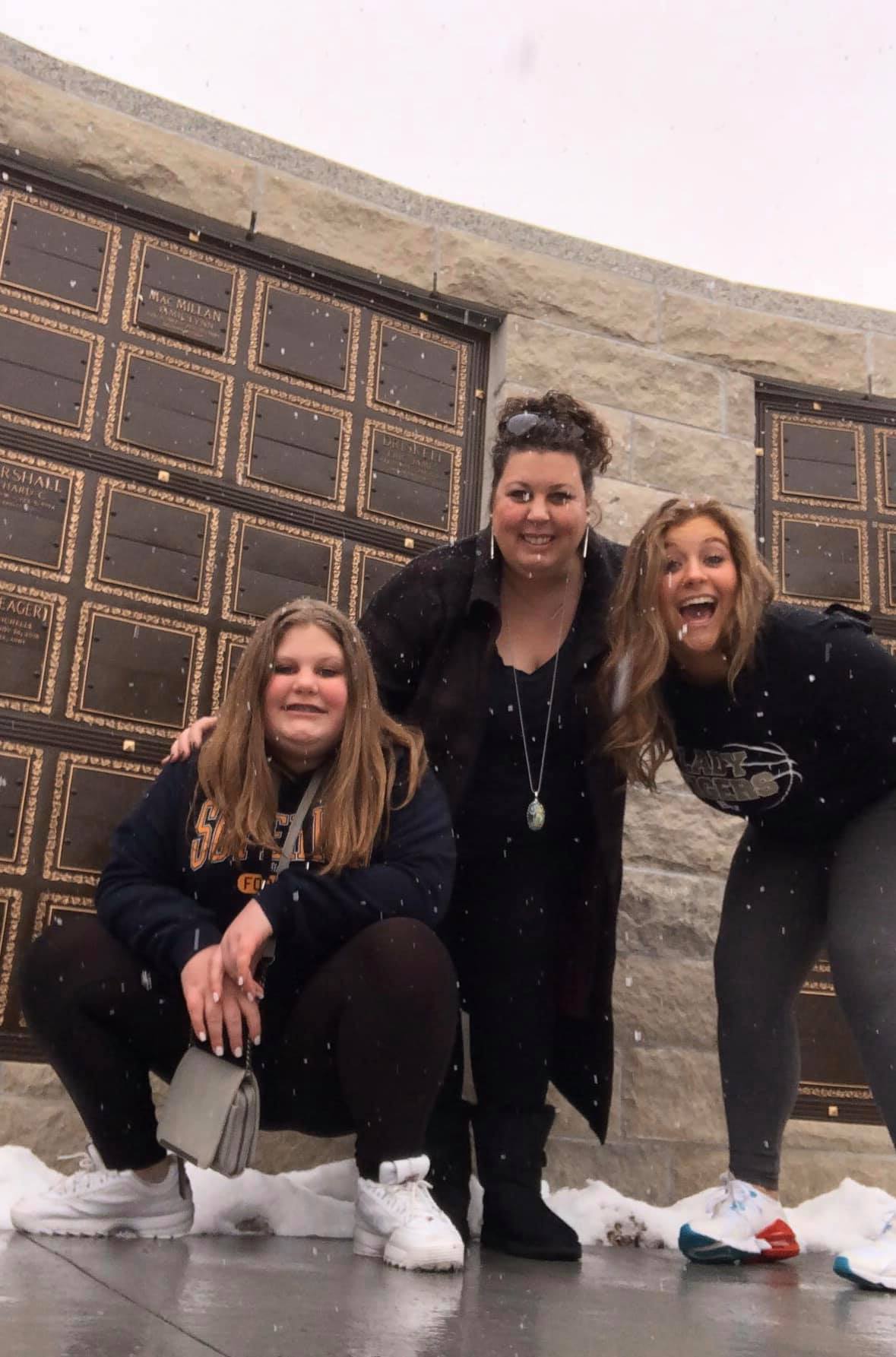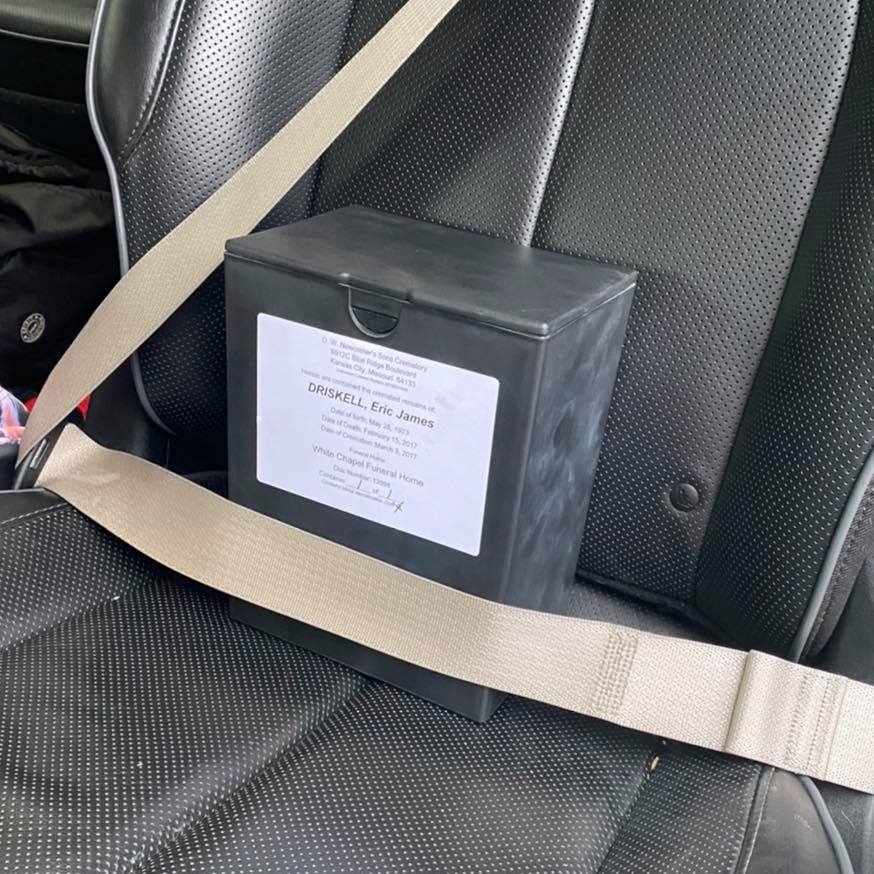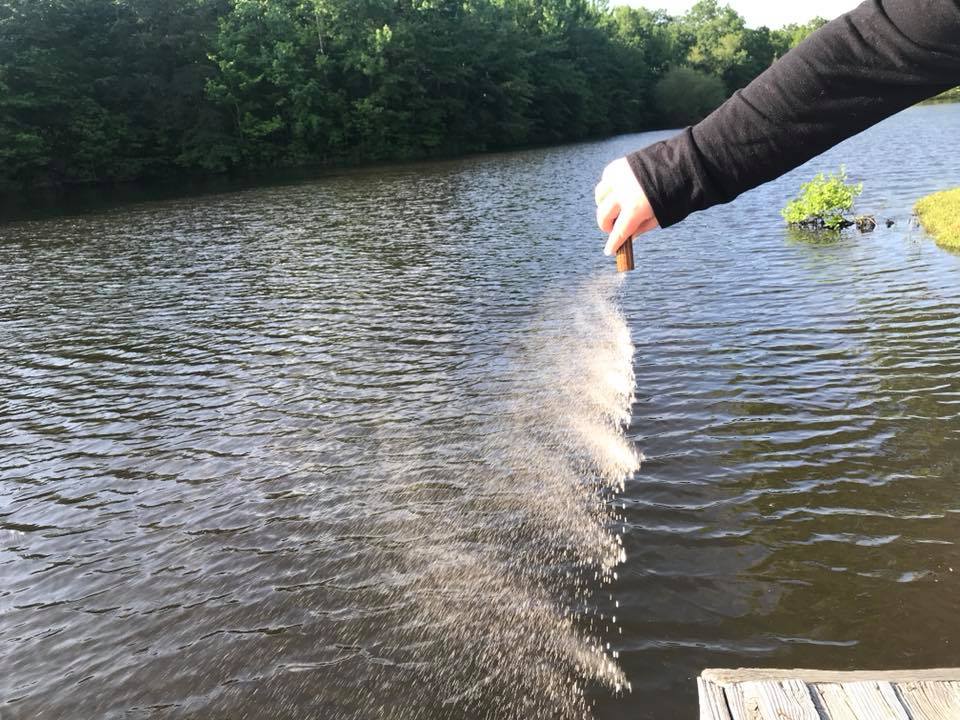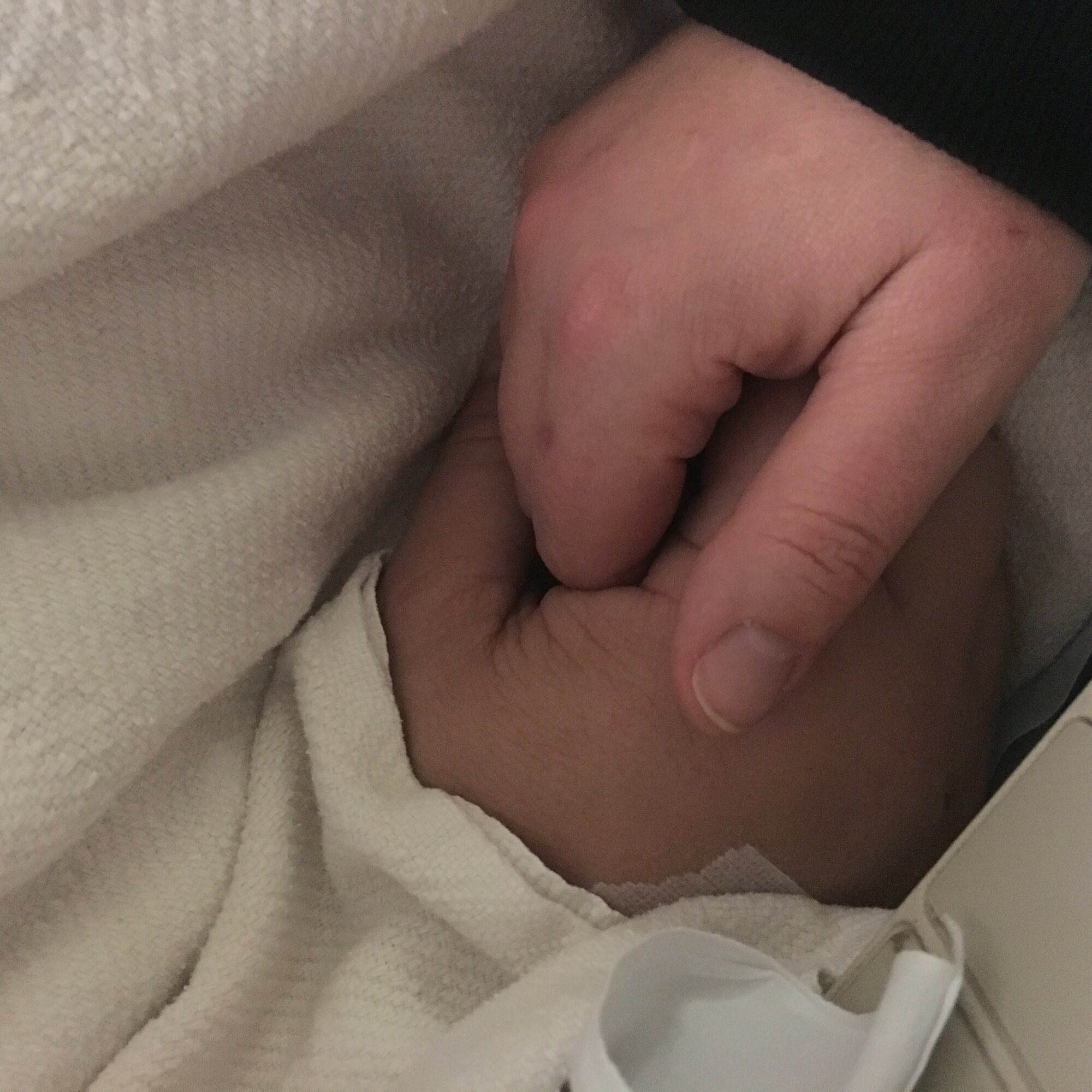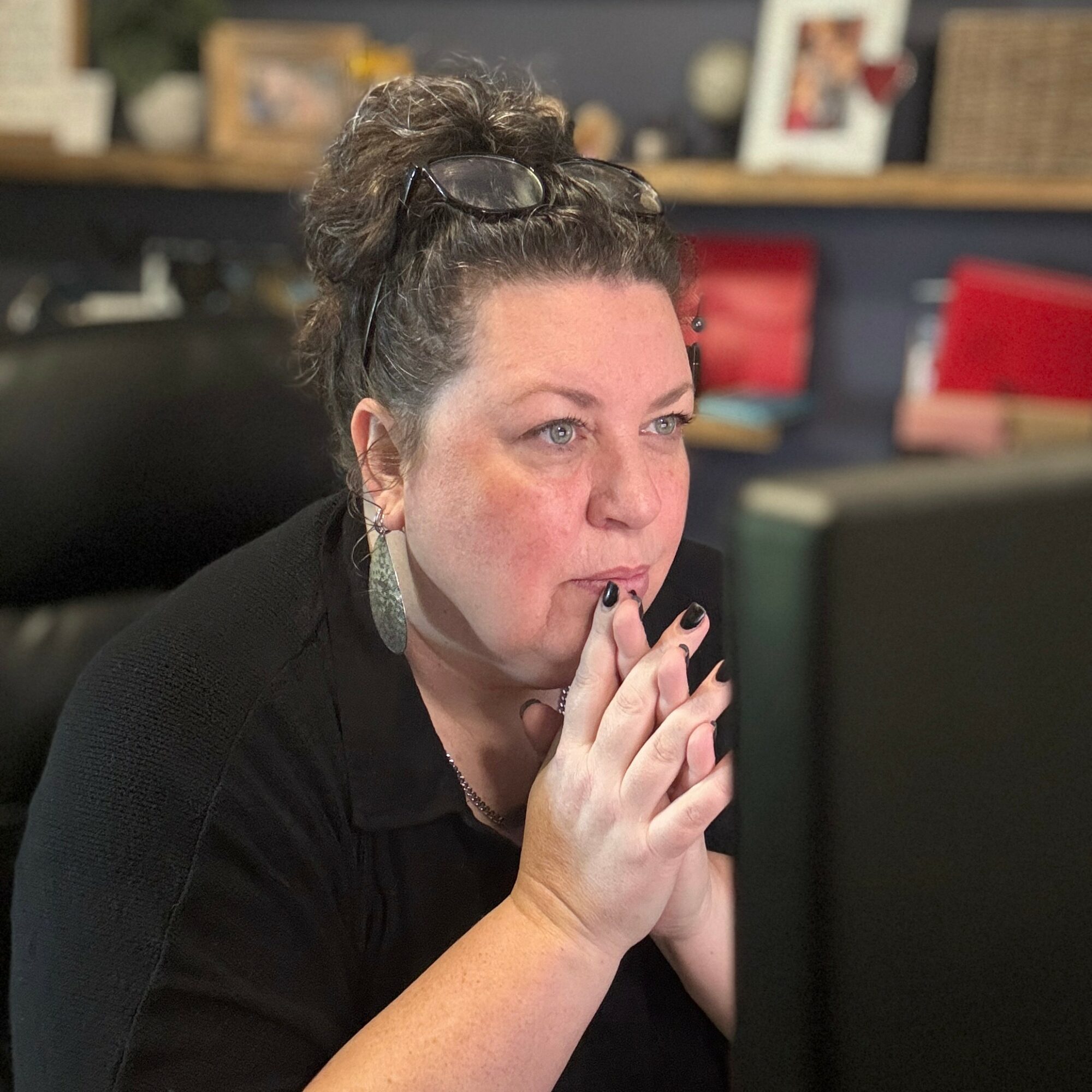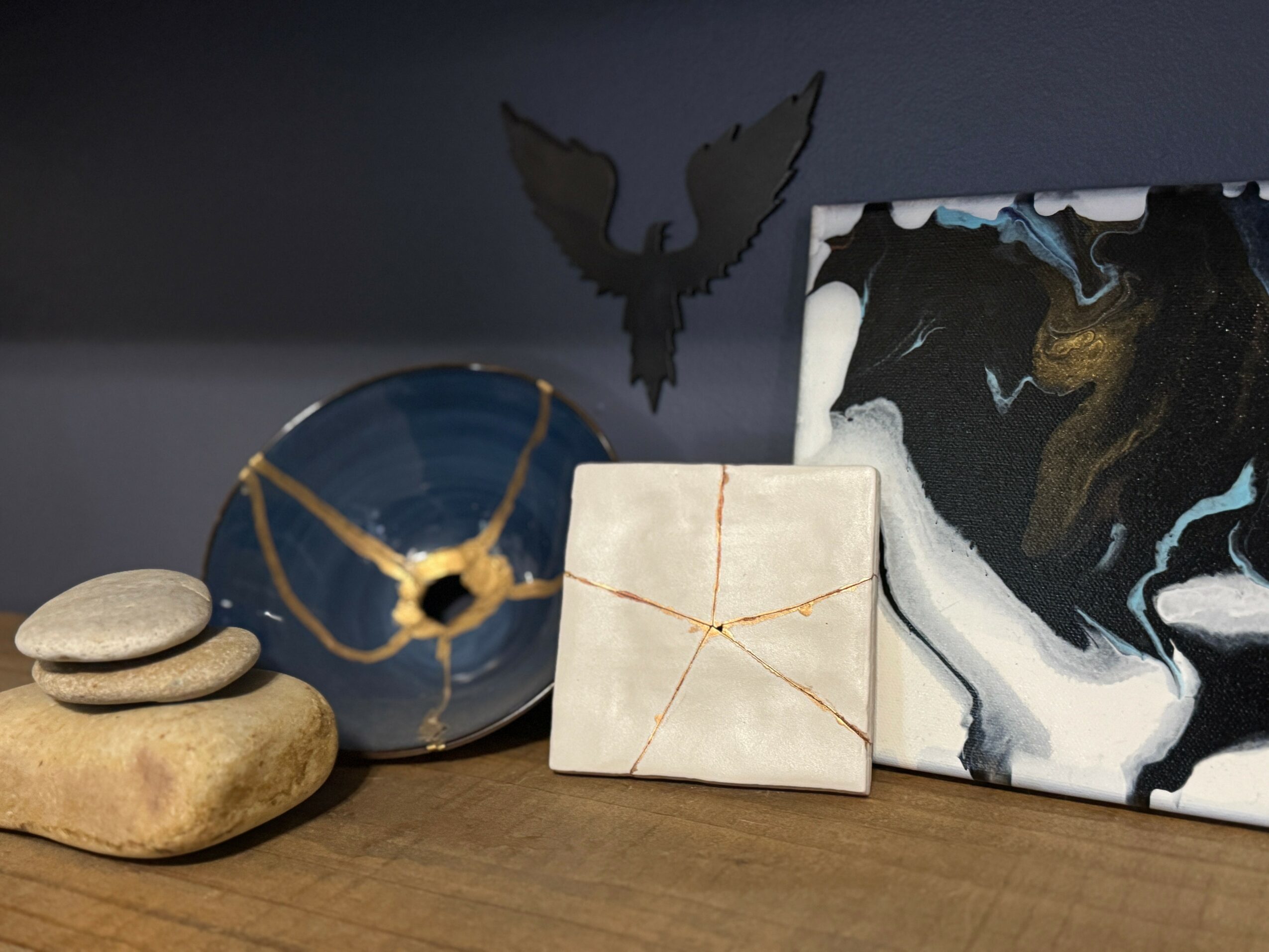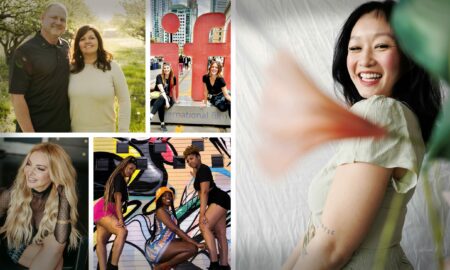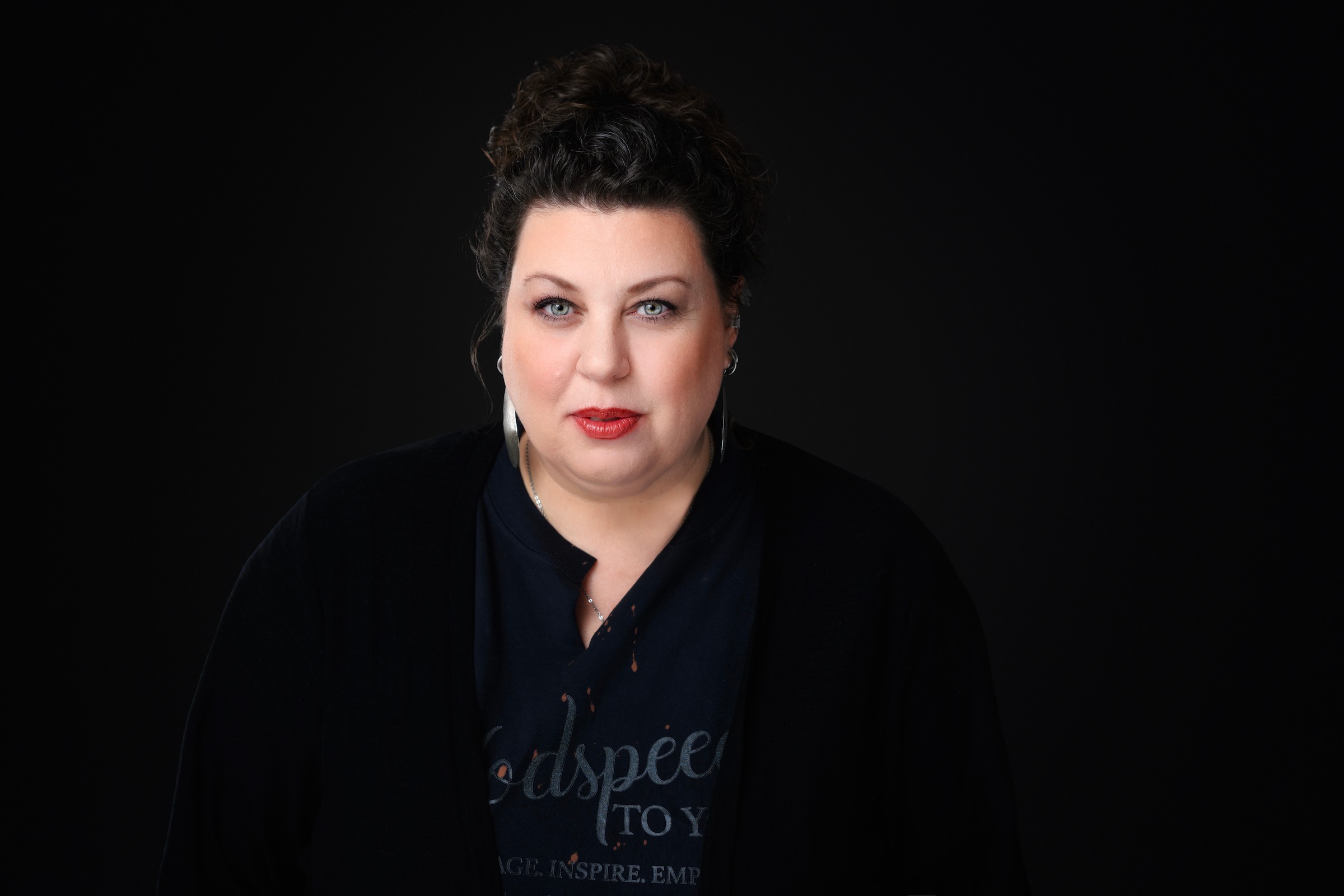

Today we’d like to introduce you to Kari Driskell.
Hi Kari, so excited to have you with us today. What can you tell us about your story?
I didn’t set out to be a Grief and Widow Coach.
In 2017, my husband died of a massive brain aneurysm. I was 38 at the time. He was 43. And our girls were 8 and 11.
I took time off to try to heal and figure out life without him.
Eric dying was hard. Telling my kids was a nightmare. But the hardest thing I’ve ever done has been learning how to live — and wanting to live — in his absence.
People told me “you’ll grieve forever,” or “the grief never ends.” But I couldn’t accept that as my new reality. The pain was too consuming, and I had two little girls watching me. I didn’t want them to lose their mom, too, when their dad just died.
Thing is, we’re supposed to grieve. We’re supposed to pause, hurt, reflect, and slow down. But it doesn’t have to be that way or feel that way forever… I just didn’t know how.
When I reached the point when I didn’t want grief to control me anymore, I went to figure it out…
One of my core beliefs is that everything is figureoutable. So I got to work — I dove into books, blogs, interviewing other widows, taking classes and courses on grief and healing, I worked with a grief therapist and a grief coach.
And along the way, I realized this was work I could do to help others who didn’t want to stay stuck but didn’t know how to move forward.
So I became the woman that I needed in my own time of need. I got certified in multiple programs and processes, becoming both a Grief and Widow Coach and a Death Doula.
I’ve been doing this work since 2020. And helping people feel lighter and more alive again after their own significant loss is deeply fulfilling.
Alright, so let’s dig a little deeper into the story – has it been an easy path overall and if not, what were the challenges you’ve had to overcome?
First of all, grief is ugly and messy. And I don’t think I handled it very gracefully when I was actively grieving, especially behind closed doors.
And parenting grieving kids while grieving yourself is even messier.
My husband’s death was very public in the Kansas City metro, so we felt like we lived in a fishbowl. Which could be a blessing and a curse.
I had to rebuild my sense of identity and learn who I was without Eric.
And I had major imposter syndrome when it came to this work – because I was new to the life coaching industry and because healing is a constant journey.
But those struggles are exactly why I can show up for my clients — I’ve been in the trenches, and I know how to walk people through their own storms.
Can you tell our readers more about what you do and what you think sets you apart from others?
I help people finally feel better and more like themselves after significant loss. I help them feel joy more often — without the guilt and regret that shows up when your person is dead.
I’m a certified Grief & Widow Coach. I work one-on-one with clients and inside my membership, The Heartwork Collective.
I’m most proud of watching my clients go from exhausted and stuck to really living again!
I’m also proud at how my girls and I have come on the other side of grief. Not a day goes by where I don’t think of my dead husband, when I don’t miss him, when I don’t love him or wish he was here. I do that every day. But we are also living our lives fully and completely. And that’s huge!! I’m so proud of that.
I’m known for being direct, honest, and real — there’s no toxic positivity here! I meet people where they are and give clear steps forward that offer real hope.
And I’m the grief coach who freely uses the F-word — because “golly-gee” just doesn’t cut it when your person’s dead. And honestly, my clients love it.
Can you talk to us about how you think about risk?
My husband died. I’ve survived and thrived after massive painful grief. Because of that, the day-to-day stuff that used to paralyze me because it felt risky feels very manageable now — there’s not much that can stop me the way grief did.
My biggest fear is leaving my kids without a parent, so I don’t take reckless, life-or-death risks.
A big risk I did take was remarrying. In 2022 I married a widower. We had a real conversation about the cost of recoupling as life partners — that one of us will eventually have to go through the pains of deep grief again — and because we both had great past marriages, we decided it was worth it.
Contact Info:
- Website: https://www.karidriskell.com
- Instagram: https://www.instagram.com/grief.coach.karidriskell
- Facebook: https://www.facebook.com/KariDriskellLLC
- Other: https://www.tiktok.com/@karidriskell
